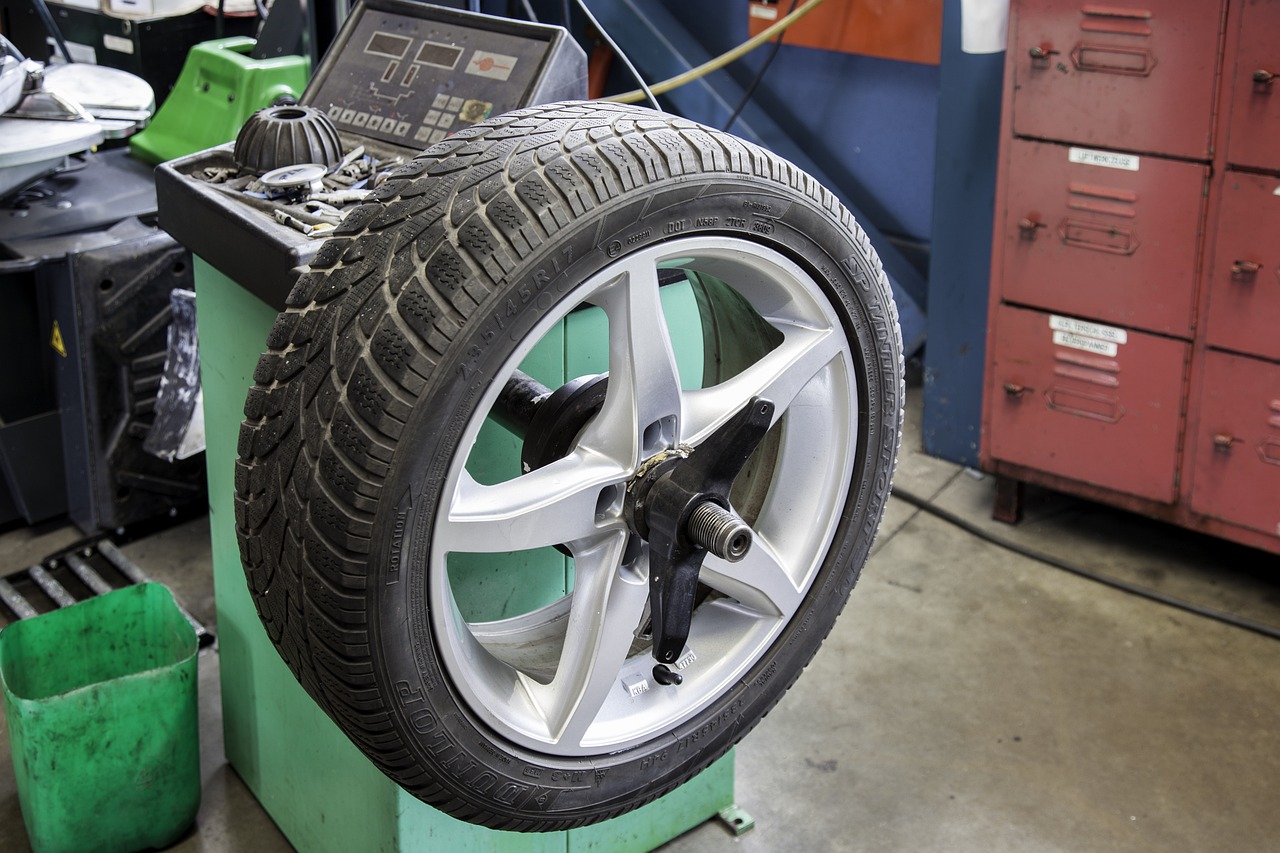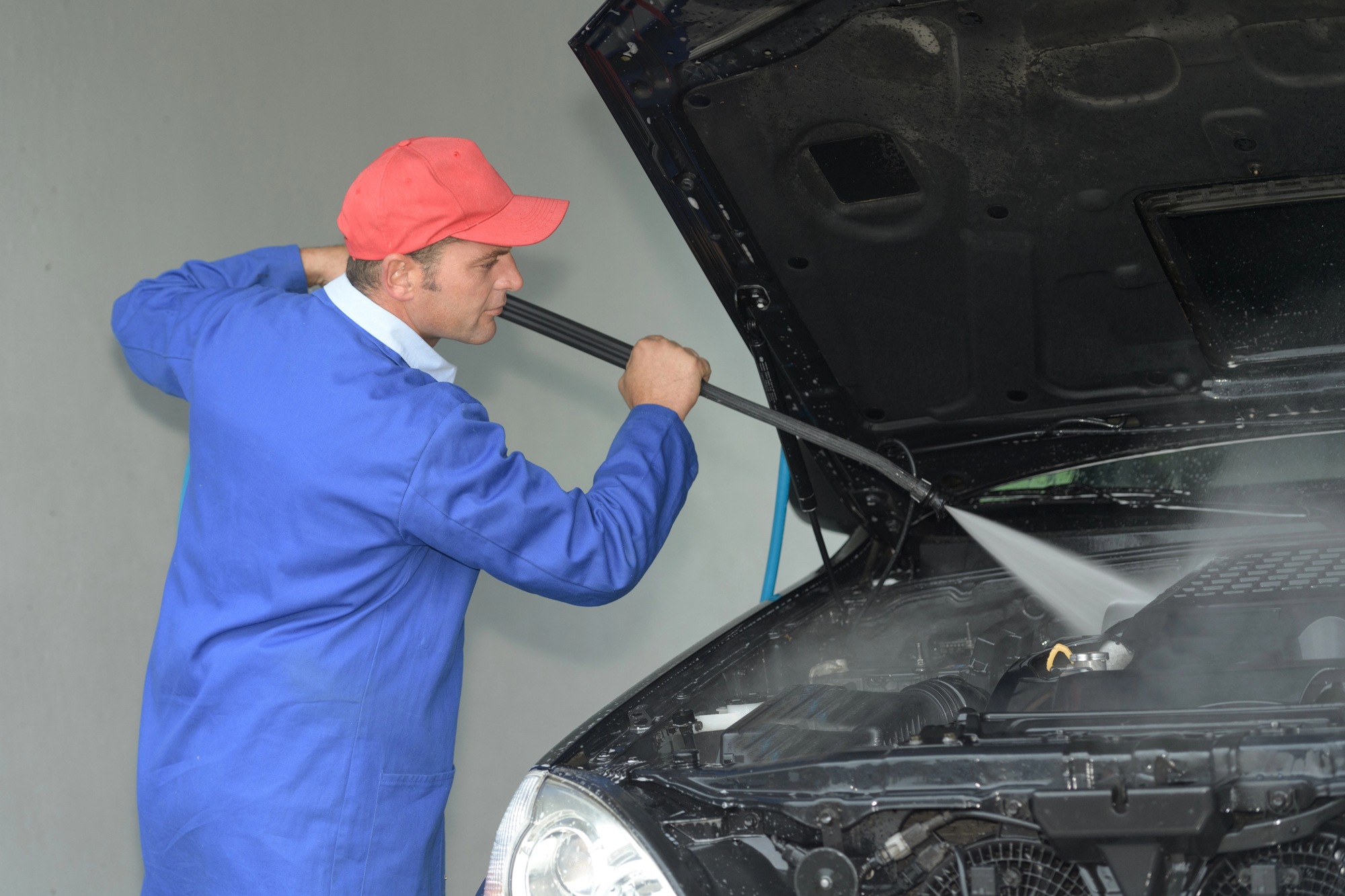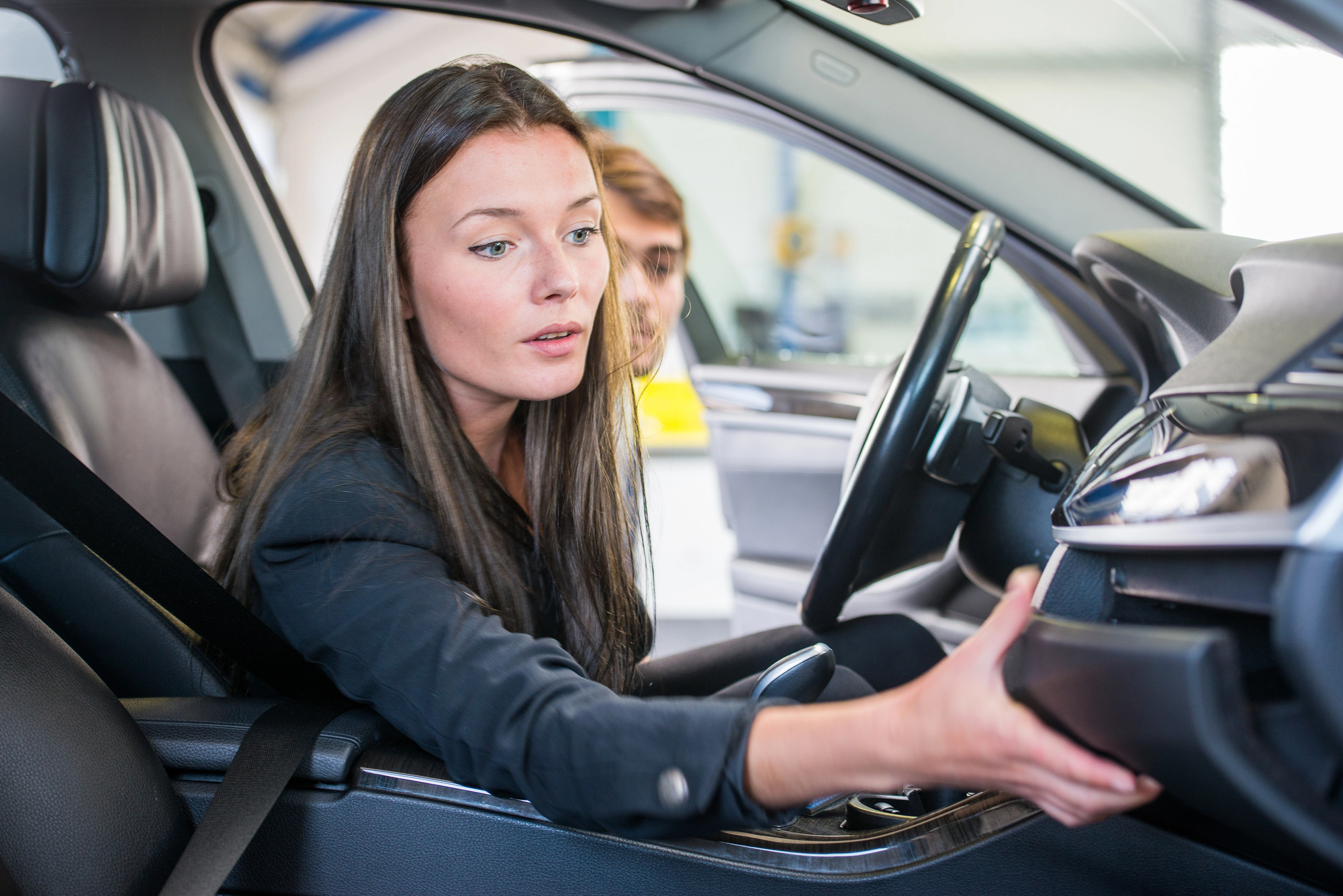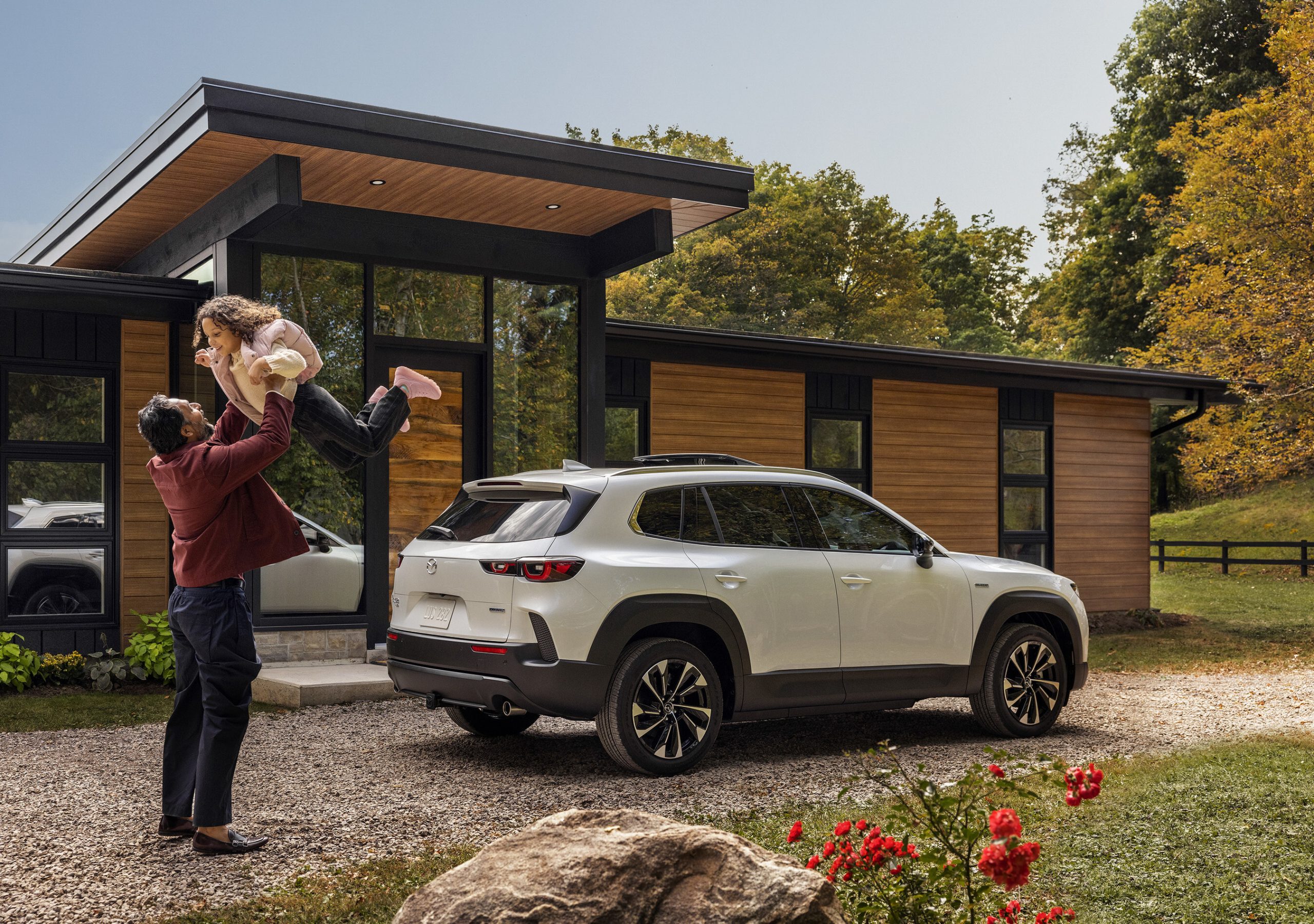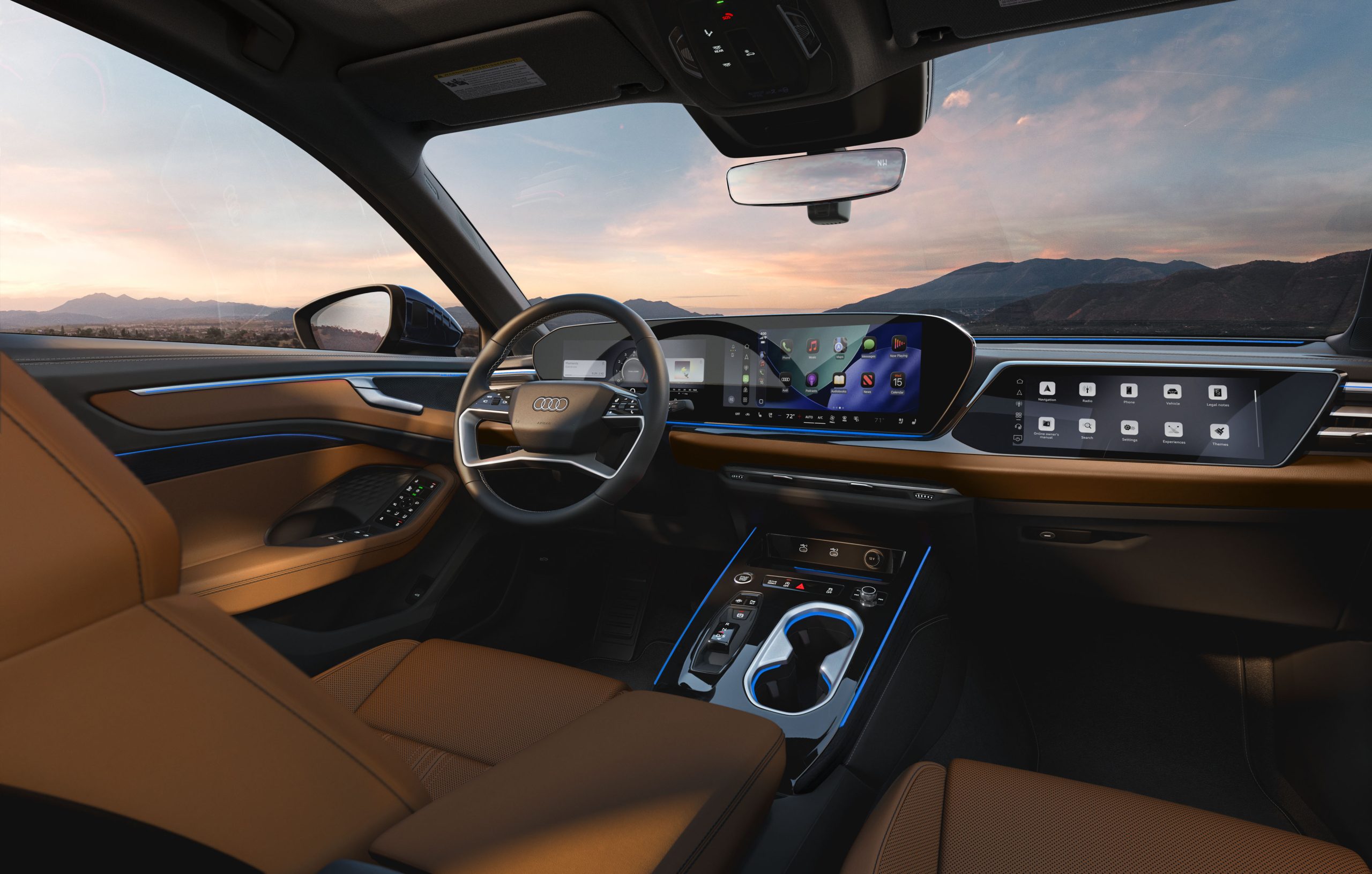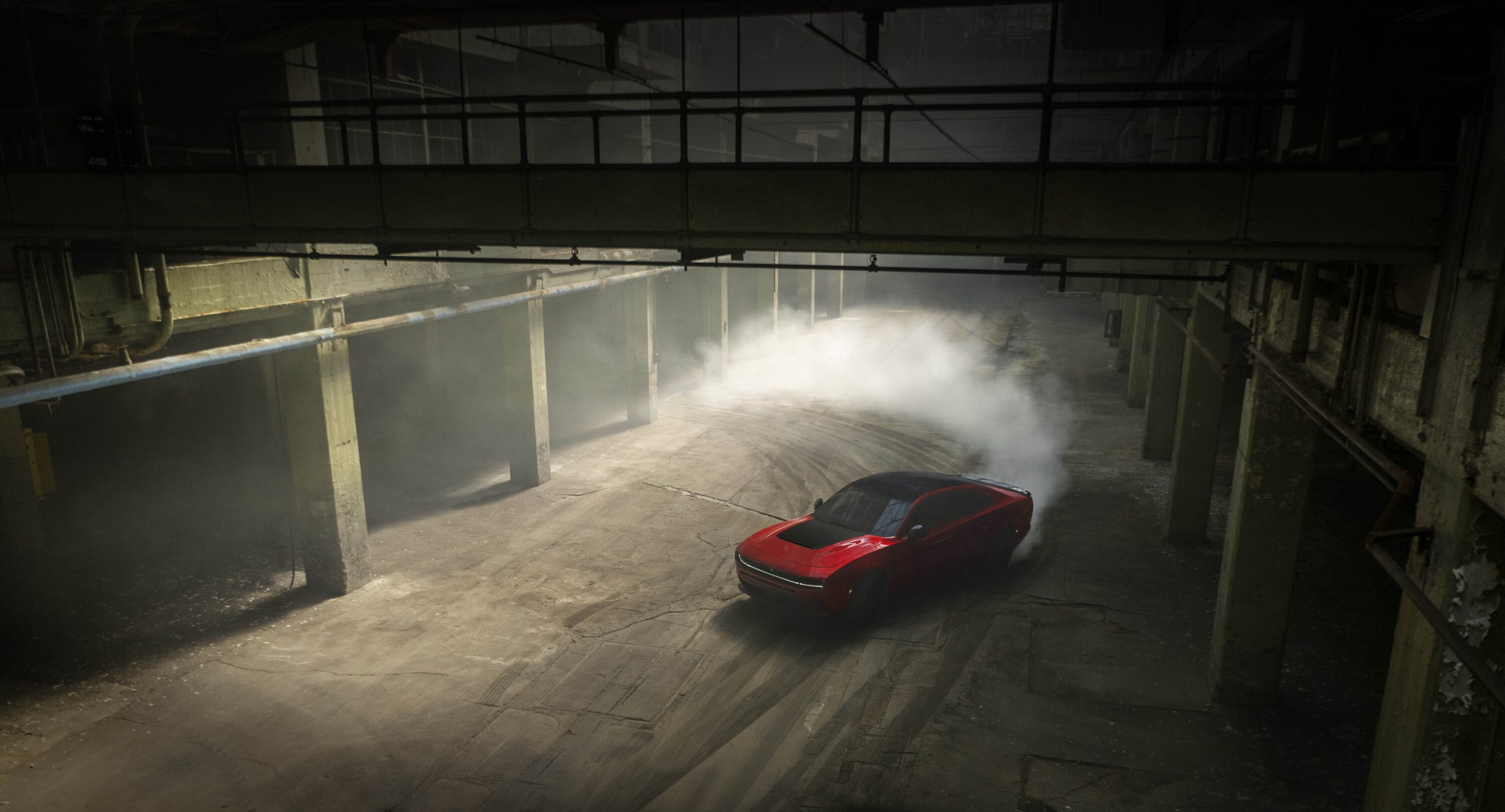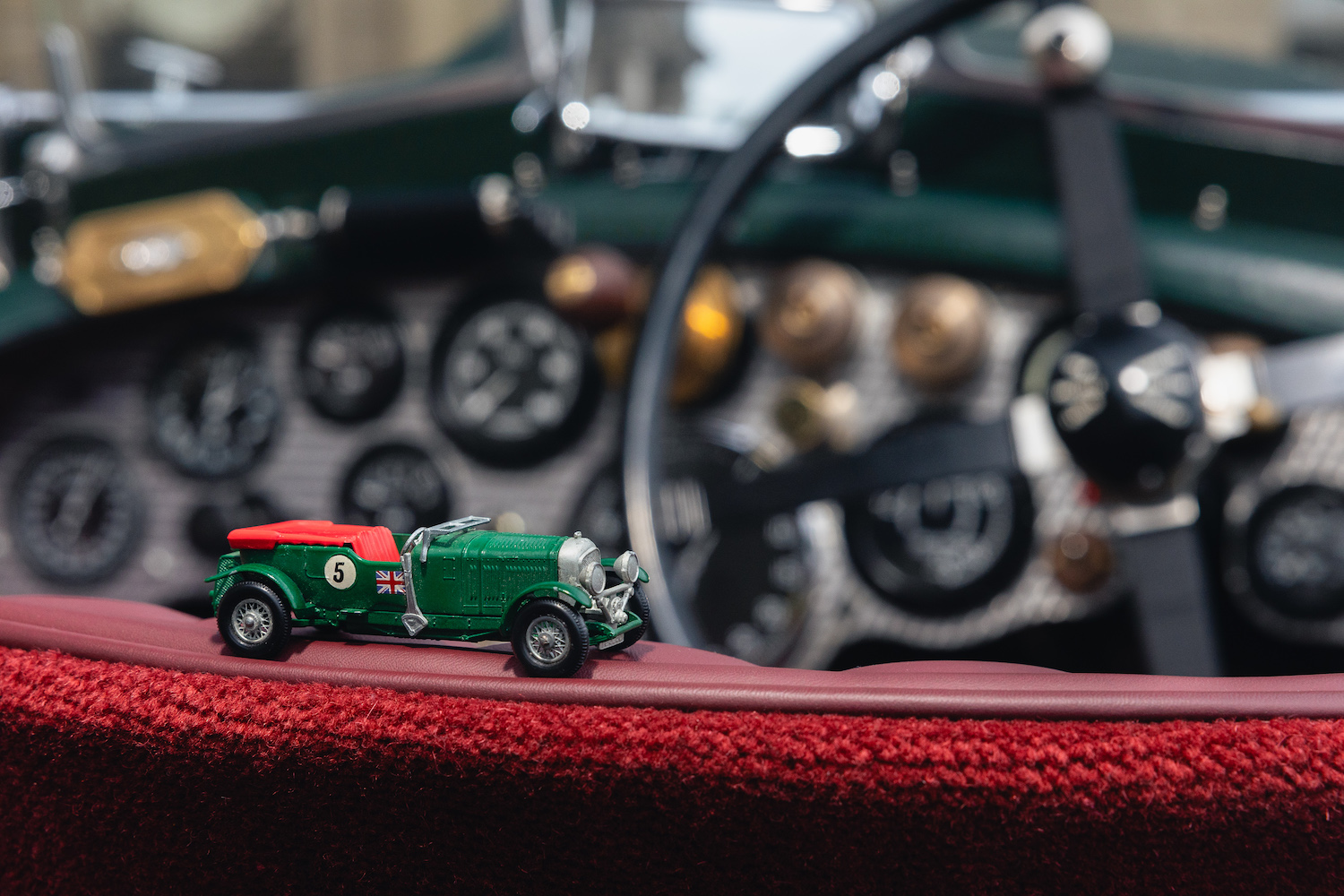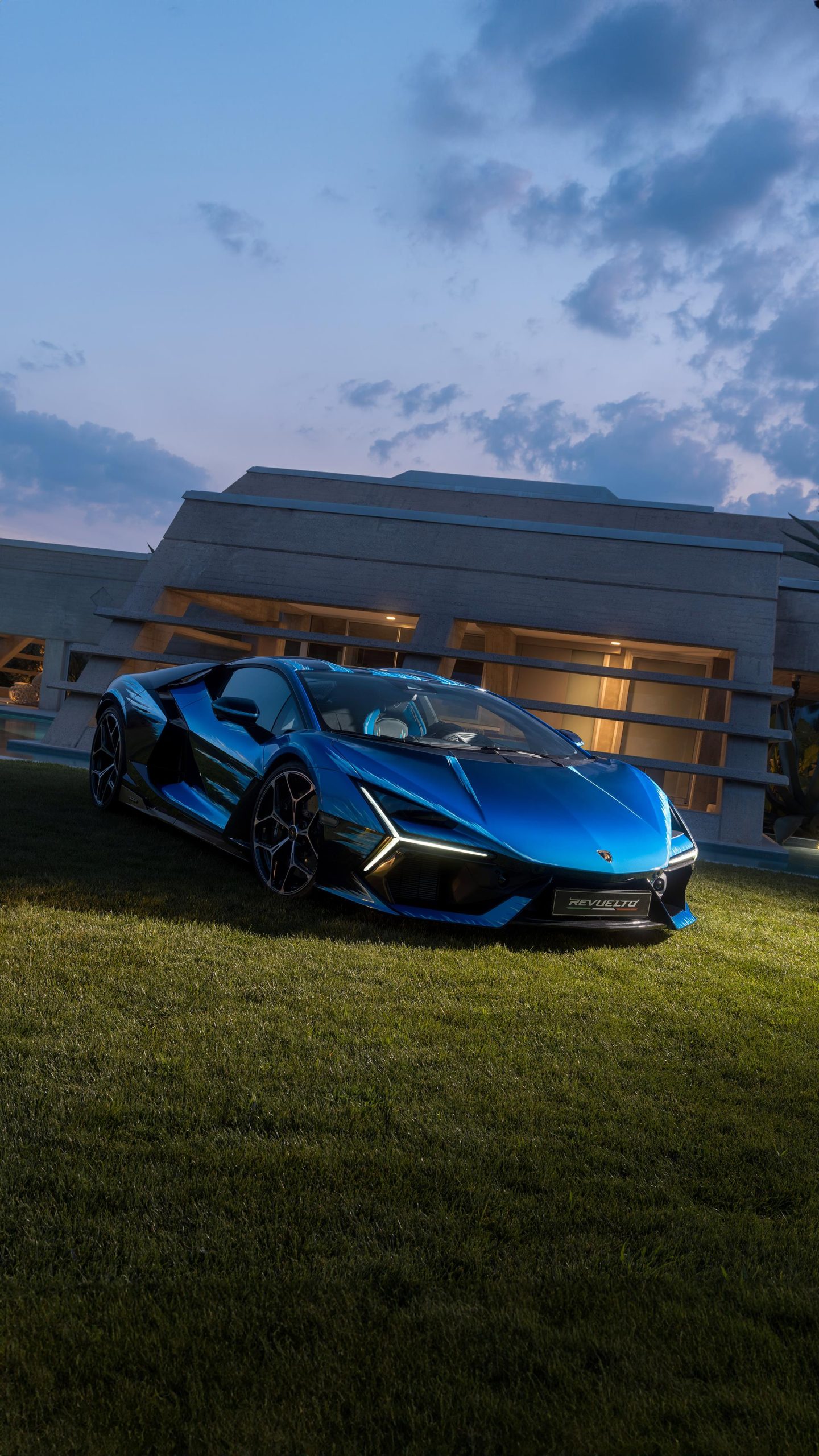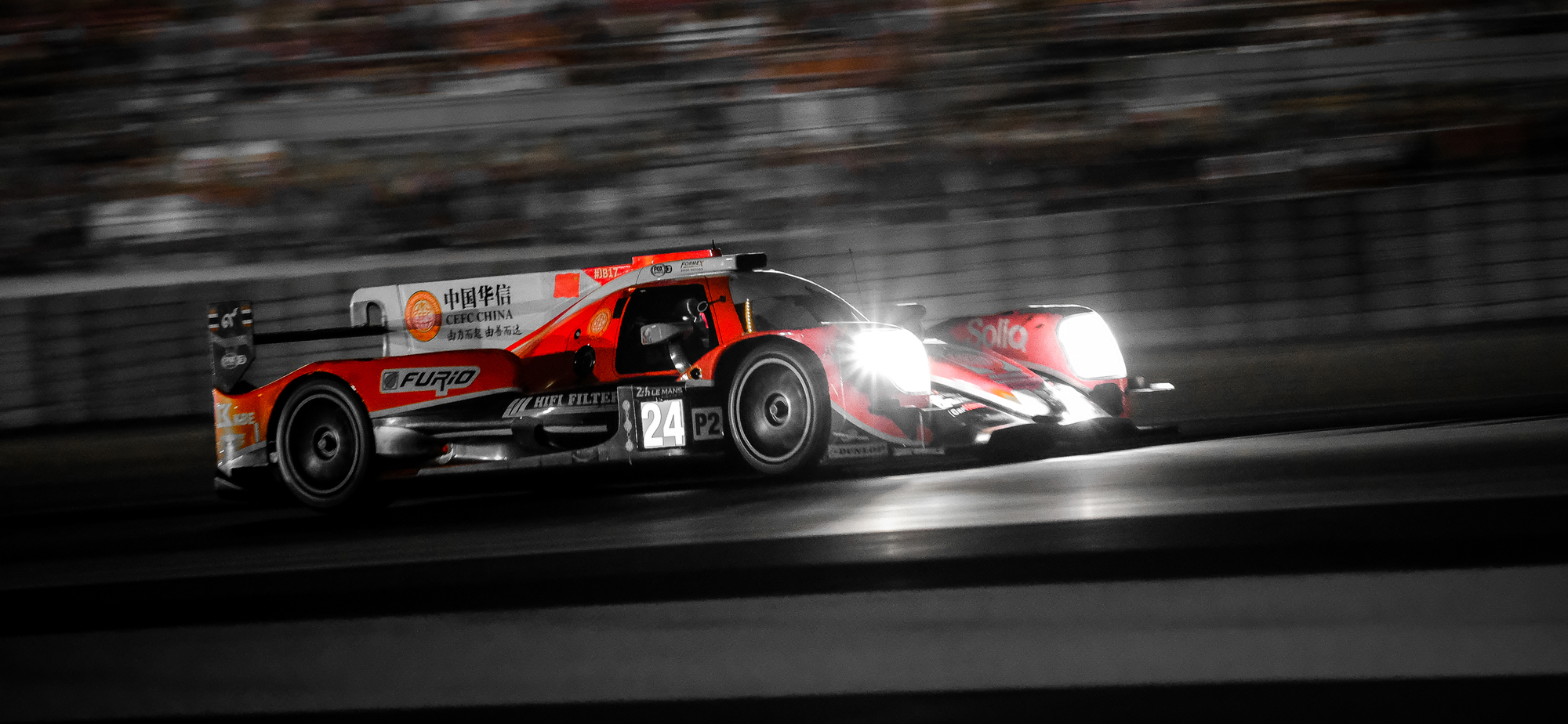Three-millionth electrified vehicle rolls off BMW Group’s Munich production line
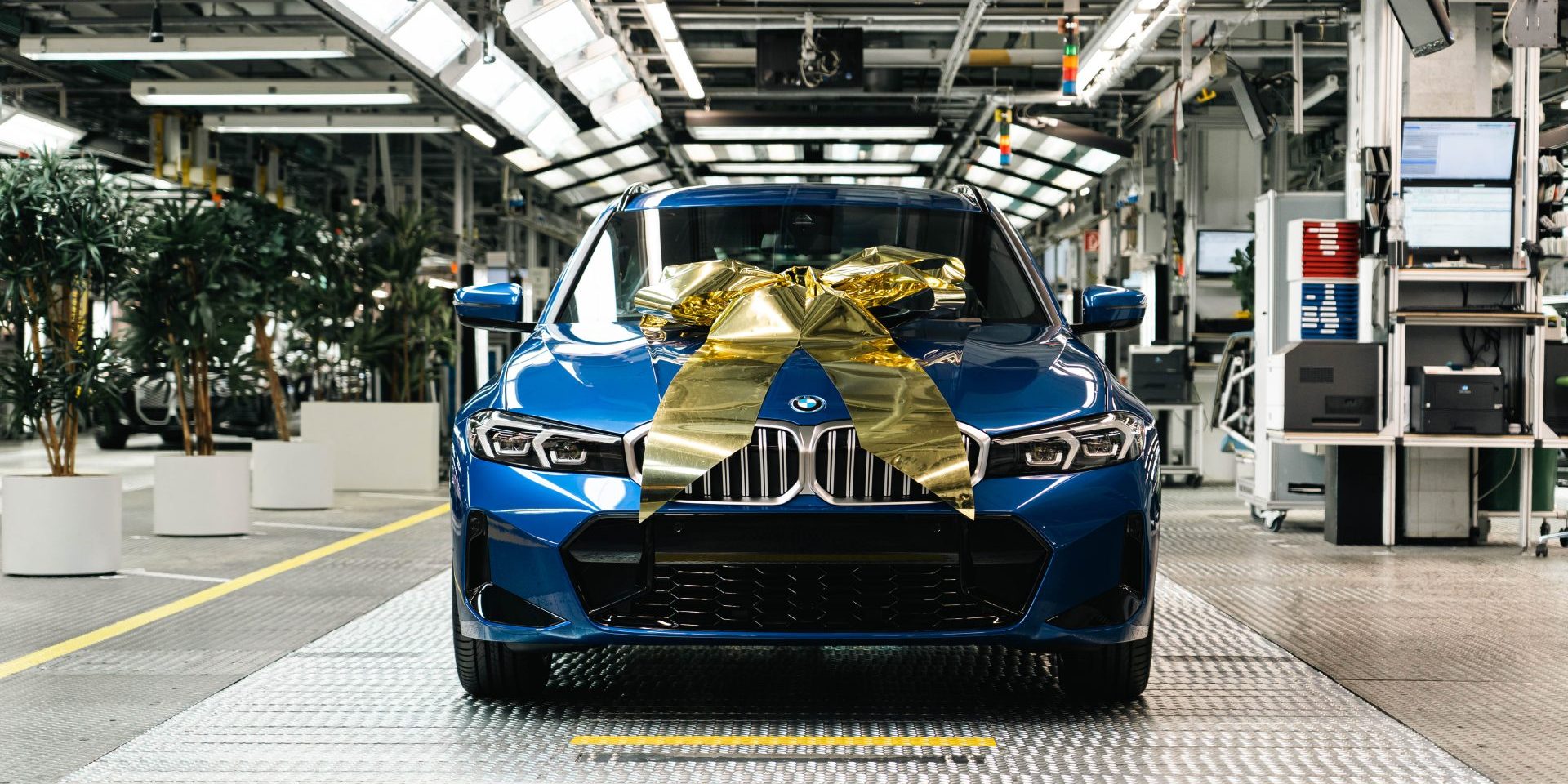
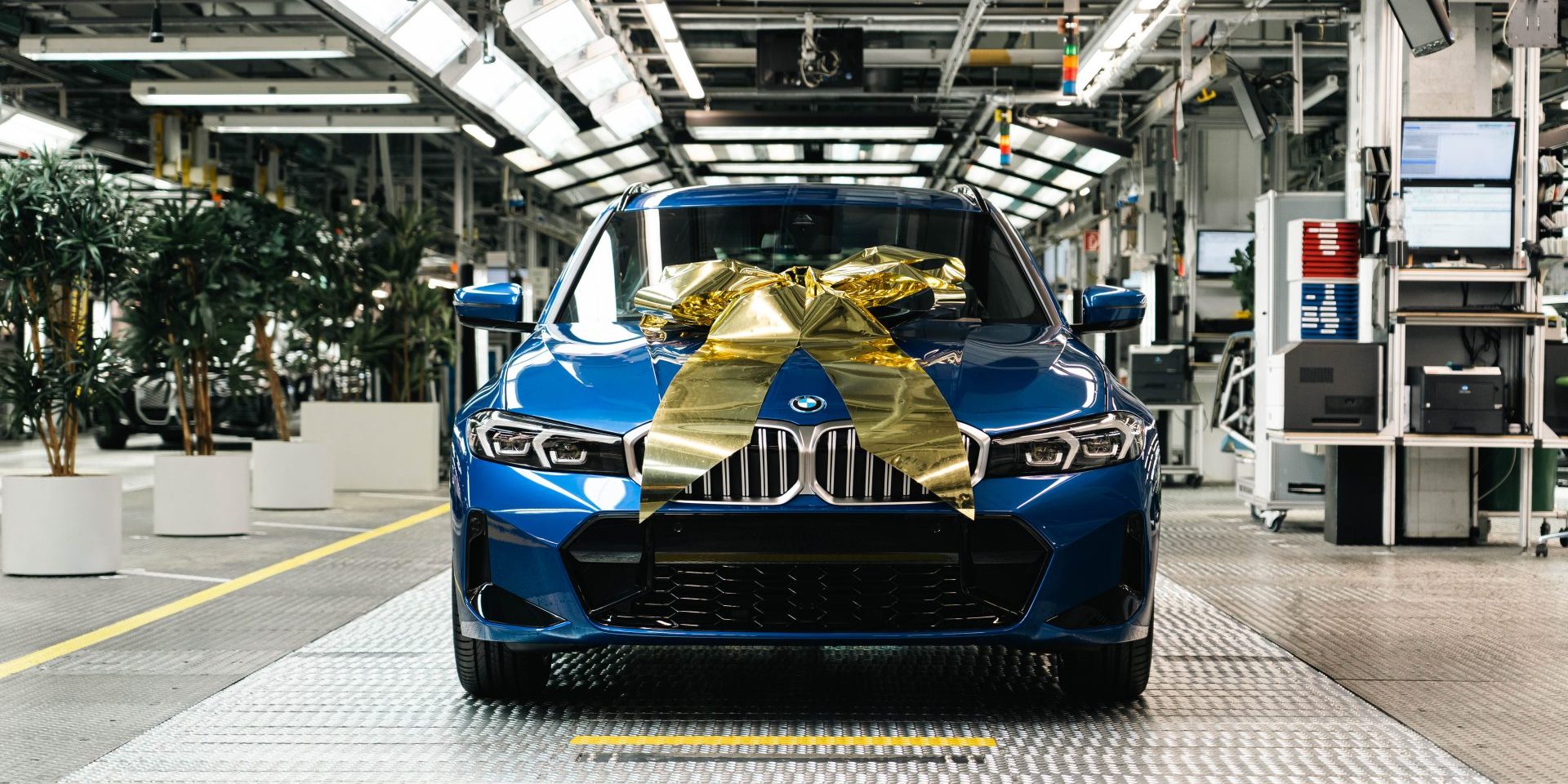
The three-millionth electrified vehicle rolled off the assembly line today at the BMW Group’s main plant in Munich – a BMW 330e* Touring in Portimao Blue, destined for the UK market. In 2024, one in four vehicles sold by the company was already either fully electric or a plug-in hybrid. At BMW Group plants, vehicles with electrified drive trains and internal combustion engines are produced alongside one another on the same production line.
“With its highly flexible production, the BMW Group is able to respond to customer requirements in line with market trends and demand,” explains Milan Nedeljković, member of the Board of Management responsible for Production. “All plants in our global production network are enabled for electromobility, paving the way for continued growth in this segment.”
Start of BEV series production with BMW i3 in Leipzig in 2013
The company launched series production of fully electric vehicles with the BMW i3, back in 2013. The electric city car was manufactured for nearly ten years at Plant Leipzig, alongside the BMW Group’s first plug-in hybrid, the BMW i8. At that time, due to its unique vehicle architecture, the BMW i3 was still being built in Leipzig in a dedicated area for electric cars, in parallel with production of vehicles with conventional drive trains.
Since then, the BMW Group has integrated electric cars into production at all its plants worldwide. Many of the plants initially assembled plug-in hybrid models on a single line, mixed in with their diesel and petrol counterparts, on a flexible basis. Electromobility accounts for a steadily growing share of production volumes, surpassing 25 percent in 2024, with around three-quarters of those vehicles fully electric. A total of one and a half million BEVs from the BMW, MINI and Rolls-Royce brands have already been delivered.
Global production network enabled for e-mobility
With the start of MINI Cooper SE production in Oxford in 2019, the BEV range was extended to the BMW Group’s second brand. The rollout continued from 2020 with the latest generation of e-drives. The BMW iX3 was built in China, while the BMW iX and i4 ramped up in Dingolfing and Munich in 2021. Within a year, all BMW Group plants in Germany had been enabled for production of fully electric vehicles. The company remains committed to systematically integrating electrified vehicles into existing production.
In China, electrification has already been introduced at all plant sites. In the US, Plant Spartanburg is preparing for production of fully electric vehicles from 2026, while Plant San Luis Potosí in Mexico will add BEV models for the Neue Klasse to its production portfolio in 2027. Both facilities already produce plug-in hybrid models. The plant in Rosslyn, South Africa, has been manufacturing plug-in hybrids since 2024. The BMW Group’s sites for local production in Brazil, India and Thailand also already build electrified vehicles.
Competence Centre for E-Drive Production
Production of electric powertrain components is expanding beyond Germany. Since the launch of the BMW i3, battery modules, high-voltage batteries and electric motors have been produced in Dingolfing. As part of the electrification of the production network, the Competence Centre for E-Drive Production was established at the site. By 2022, it had already reached an annual capacity of over 500,000 e-drives. Other locations gradually ramped up capacity to support the rapid growth in e-mobility. As a result, alongside Dingolfing, fifth-generation high-voltage batteries are now also assembled and installed in vehicles in Regensburg, Leipzig and Spartanburg. The expertise gained since then is now being applied to the sixth generation of e-drives, which will be introduced towards the end of this year with the NEUE KLASSE at the new plant in Debrecen, Hungary.

